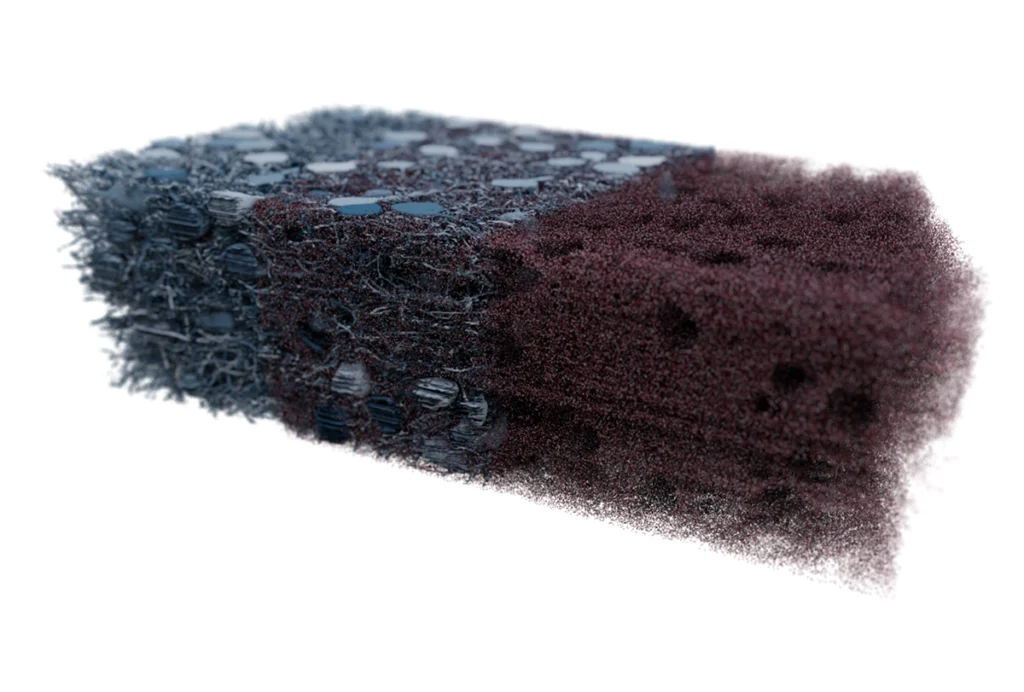Tyler Sloan earned his B.Sc. and Ph.D. from McGill University. Instead of doing a traditional postdoctoral fellowship, he founded Quorumetrix, a scientific data analysis and visualization studio based in Montréal. He specializes in data visualization and 3D animation, presenting primary research data in an attractive and engaging way while maintaining robust scientific accuracy. His award-winning visualizations have been featured in prominent academic journals and conferences. Sloan embraces a generalist approach and loves the challenge of exploring new data types, and he is particularly passionate about full-dome visualization.

Tyler Sloan
Data scientist
Quorumetrix
From this contributor
To develop better nervous-system visualizations, we need to think BIG
With a full mouse connectome on the horizon, neuroscience needs to overcome its legacy of minimalism and embrace the contemporary challenge of representing whole-nervous-system connectivity.

To develop better nervous-system visualizations, we need to think BIG
Explore more from The Transmitter
Lack of reviewers threatens robustness of neuroscience literature
Simple math suggests that small groups of scientists can significantly bias peer review.

Lack of reviewers threatens robustness of neuroscience literature
Simple math suggests that small groups of scientists can significantly bias peer review.
Dendrites help neuroscientists see the forest for the trees
Dendritic arbors provide just the right scale to study how individual neurons reciprocally interact with their broader circuitry—and are our best bet to bridge cellular and systems neuroscience.

Dendrites help neuroscientists see the forest for the trees
Dendritic arbors provide just the right scale to study how individual neurons reciprocally interact with their broader circuitry—and are our best bet to bridge cellular and systems neuroscience.
Two primate centers drop ‘primate’ from their name
The Washington and Tulane National Biomedical Research Centers—formerly called National Primate Research Centers—say they made the change to better reflect the breadth of research performed at the centers.

Two primate centers drop ‘primate’ from their name
The Washington and Tulane National Biomedical Research Centers—formerly called National Primate Research Centers—say they made the change to better reflect the breadth of research performed at the centers.